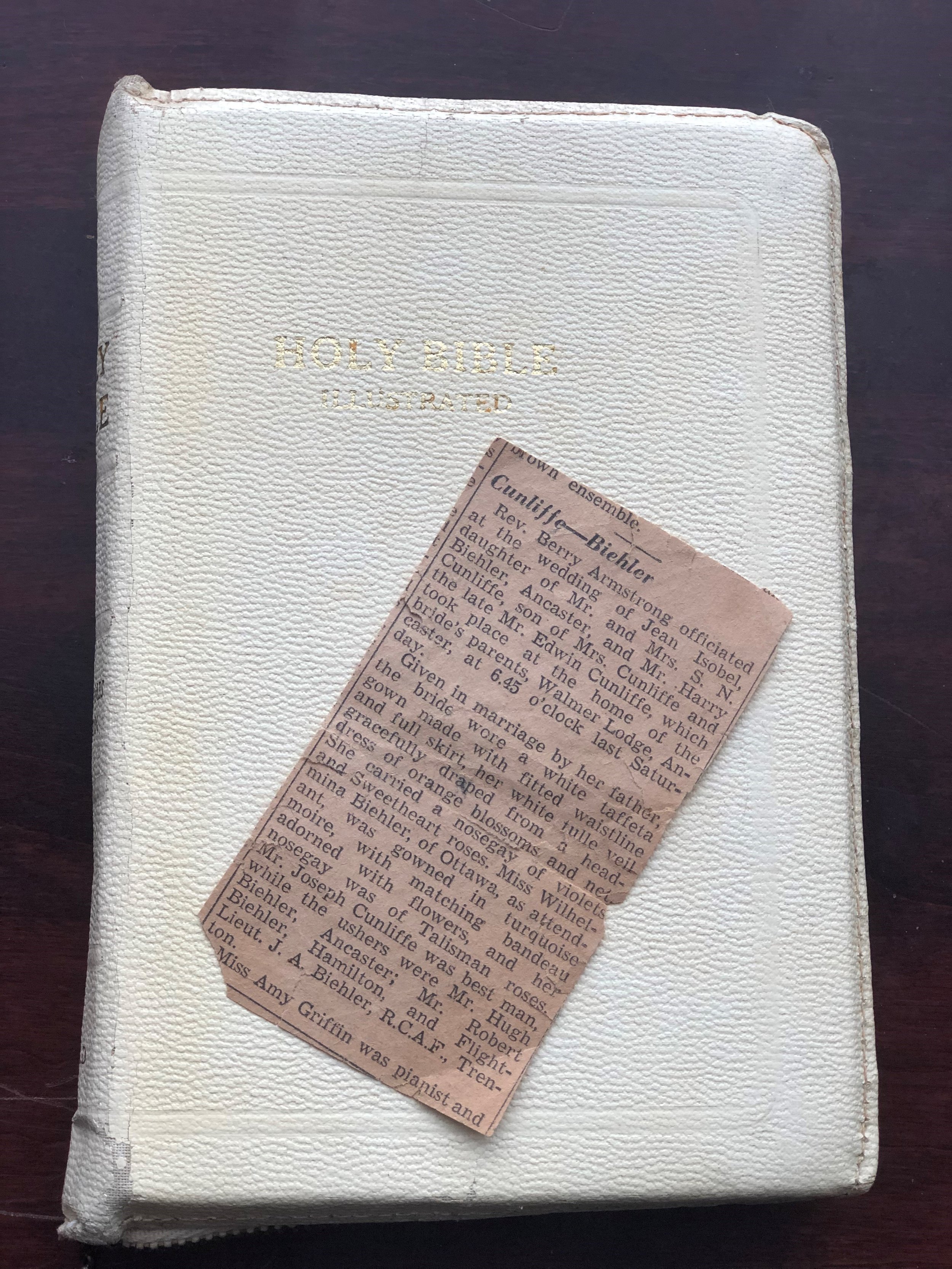My name is Myra Johnston and I have been a social worker within correctional environments for 30 years. Currently, my practice is at the Sarnia Jail. Two years ago, my employer approved my attendance at a self-development program called Mindfulness-Based Wellness and Resiliency (MBWR), an evidence-based interactive program designed to engage and train participants in a broad range of simple, practical, communication, stress management, health enhancement, and resilience-building skills. Benefits include significantly reducing the risk of burnout and other serious workplace stress injury and trauma-related health risks faced by corrections personnel.
Approximately six months after completing the MBWR program, I was invited to participate in training that would allow me to facilitate mindfulness-based programming with our client population. Initially, I had doubts about my expertise and questioned if I even wanted to train in a new program so close to retirement in little more than two years’ time. I finally decided to do it; I signed up and attended the 10-week Path of Freedom facilitator training program. I am so glad I did!
According to the literature, the Path of Freedom is an evidence-based program for genuine healing, self-development and rehabilitation. The curriculum is specifically designed to address criminogenic factors, like antisocial attitudes, values and beliefs, and certain temperaments and personality types strongly associated with criminal behavior and recidivism. Foundational to the curriculum is the power of mindfulness meditation, which creates opportunities for individuals to touch into aspects of themselves that are free, empowered, and essentially of value. When offered behind bars, Path of Freedom can help prisoners reclaim their own lost potential within the extremely challenging environment of prison life. By attending Path of Freedom, participants have the opportunity to practice pro-social behaviors and develop greater awareness of their own negative attitudes, core beliefs, and self-identities. Participants can learn to manage and even transform negative tendencies by becoming fully accountable and responsible for their choices.
Image: Unsplash/Lesly Juarez
In reflection, these self-development and training opportunities have been invaluable to my own self-development and increased resiliency within a very demanding and sometimes toxic environment. It has allowed me to be more self-reflective and manage my own emotions in a healthier way. Taking time to practice mindfulness either in daily practice or daily activity has improved my mental wellbeing and outlook on life. I find myself to be more joyful and at peace, I am better able to manage everyday frustrations and disappointments and support others in their journey of change.
I have been facilitating the Path of Freedom program at Sarnia Jail for the past year. The program follows the book Path of Freedom: Building Mindfulness-Based Emotional Intelligence by Kate Crisp. Each participant is given a copy of the book. Over the past year, I have worked with approximately 50 clients either individually or in small groups. Some have been able to complete 5 sessions and some all 10. I have had comments from clients telling me how helpful the program has been, how they are better to manage their emotions, and that this program has taught them more than the intensive programs in the federal system which are sometimes six months long. I asked my group participants to complete a survey after completing the program. When asked if they noticed any changes in themselves that they attribute to their use of mindfulness practice. This is what they said:
“I have noticed that I use my breath to help me calm down and settle my racing thoughts.”
“I noticed that I practice meditation in the shower almost every time.”
“I think it is a great group to join to learn control over your emotions.”
“I found this helps with sleeping anxiety and everyday problem-solving. It made me more confident. As well as made me feel better.”
“Since starting this program I get better sleep and I am less stressed out/agitated.”
“Because this group helped me so if can help me…it could help others as well.”
“This is the only time of the week where I can just relax and reflect.”
“I calm myself down faster.”
“I have changed my attitude towards others.”
“I noticed I do meditations on my own.”
“I feel this group/program will help people to deal with stress, and emotions while being sober, and having the ability to do this will help people be able to stay clean and sober in the future without turning to drugs, alcohol, etc.”
“Mindfulness has helped me with pain management as well as focusing on the present “here and now.” Meditation has also helped me slow my mind down and to more easily fall asleep.”
“I use the content of the program every day to make good decisions, communicate feelings, as well as forgive’ which is super important for one to move forward and change characteristics of life.”
“Learning how to meditate and to breathe slowly by myself in my alone time [ has benefited me].”
“Mindfulness practice helps with life inside my cell and inside my head.”
-Myra Johnston, Guest Blog






